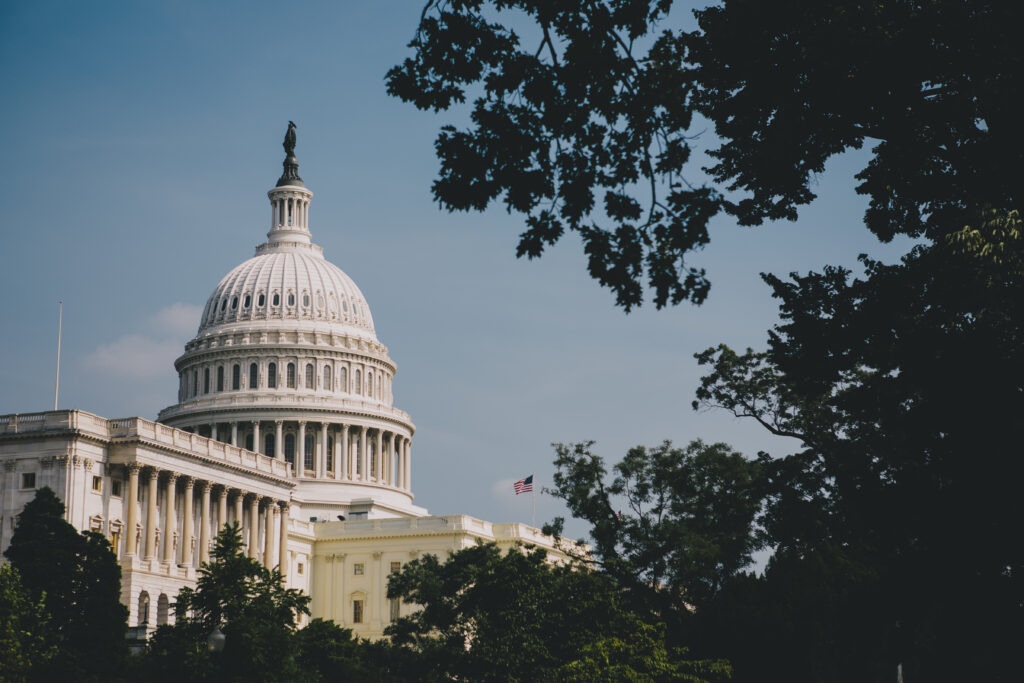As my colleague Matthew Albright reported a few weeks ago, the upcoming election may have slightly less of an impact on the business of healthcare than you may have thought. As he indicated, the courts are actually the power players in shaping healthcare administration right now – and the recent ruling in Loper Bright Enterprises v. Raimondo only reinforced that notion.
And with so many different courts and judges involved in answering healthcare quandaries, that should add a bit of unpredictability, right? That may generally be true, but in at least one region, the record so far looks a bit more formulaic.
The Fifth U.S. Circuit Court of Appeals in New Orleans covers appeals from district courts in Louisiana, Mississippi, and the entire state of Texas. The Biden Administration has experienced a string of losses both in the 5th Circuit itself and in several of the districts in Texas over which the Circuit Court has jurisdiction.
Let’s examine some of the most recent losses.
The Eastern District of Texas has heard all four of the Texas Medical Association (TMA) lawsuits regarding the No Surprises Act – otherwise known as the TMA lawsuits. The 5th Circuit has also heard the two accompanying appeals of TMA II and TMA III. Frequent readers may have seen my recent report that the Biden Administration lost a fifth time on these cases when the 5th Circuit affirmed TMA’s victory in TMA II regarding the weight of the qualifying payment amount (QPA) in the NSA’s independent dispute resolution (IDR) process.
The Circuit judges heard oral arguments in the final appeal of TMA III just this week, and reports indicate that the government’s lawyers were strongly questioned.
These aren’t the only losses in Texas, however. And each one similarly examines an argument that the Biden Administration has exceeded its authority.
That same judge in East Texas ruled against the Biden Administration earlier this summer on a case involving the Administration’s new interpretation of the Affordable Care Act’s (ACA’s) anti-discrimination protections to include transgender persons.
In the Northern District of Texas, a judge recently ruled that the Federal Trade Commission’s (FTC’s) rule that would have prohibited most non-compete agreements should be set aside nationwide. This is expected to be appealed, but will again be heading to the 5th Circuit.
Also in the Northern District, a judge ruled in favor of the American Hospital Association (AHA) and Texas Hospital Association in its lawsuit against the Biden Administration regarding third-party tracking technology on hospital websites. The U.S. Department of Health and Human Services (HHS) filed a notice of appeal and then, interestingly (and without reason), a week later, filed to entirely dismiss its plans with the 5th Circuit.
While we can’t say for certain why the Biden Administration changed their mind on this latest appeal, what we can see clearly is that the Texas courts and 5th Circuit do frequently rule in favor of arguments that the Administration overreached its authority – and post-Loper, each ruling has mentioned the new standard at play. That certainly had to be on the Administration’s mind as they considered this appeal (and probably all future appeals). This could also lead to what’s called “venue shopping,” whereby plaintiffs file a lawsuit that could be brought anywhere in a jurisdiction where the outcome is more likely to be in their favor.
But even if that were to occur, the 5th Circuit actually doesn’t always have a lot of luck when its own decisions are appealed to the U.S. Supreme Court. It recently took the crown for “most rulings overturned by the Supreme Court” for the second year in a row: eight out of the accepted 11 just this last term. And Justices Kavanaugh, Thomas, Roberts, and Barrett have all criticized (even somewhat hostilely, according to a Times article) rulings from the New Orleans court. It’s clear that the Supreme Court is not a sure thing, or even a particularly safe bet, for rulings coming from the 5th.
What does this mean for the future? It suggests that we may see lawsuits arguing that the Administration (and perhaps any administration) has overreached its authority and intentionally filed within the 5th Circuit’s jurisdiction. But what’s less clear is how those suits would fare if the government chose to appeal these decisions to the Supreme Court, and what role Loper will play in this year’s term.
We’ll be closely watching the courts in the coming months, and will be sure to keep you updated.






















